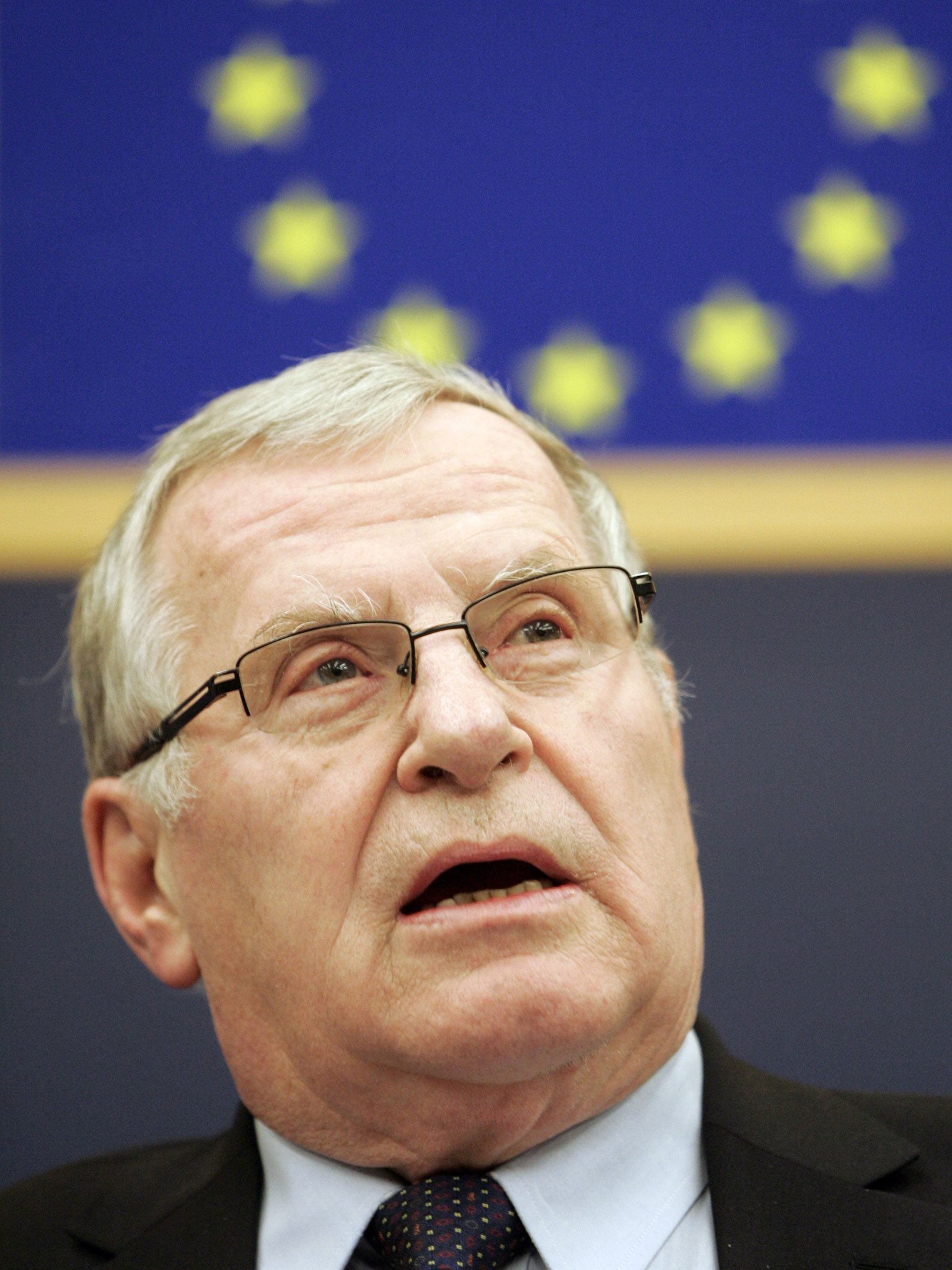Lothar Bisky: Communist who helped former comrades enter the political mainstream in reunified Germany

Your support helps us to tell the story
From reproductive rights to climate change to Big Tech, The Independent is on the ground when the story is developing. Whether it's investigating the financials of Elon Musk's pro-Trump PAC or producing our latest documentary, 'The A Word', which shines a light on the American women fighting for reproductive rights, we know how important it is to parse out the facts from the messaging.
At such a critical moment in US history, we need reporters on the ground. Your donation allows us to keep sending journalists to speak to both sides of the story.
The Independent is trusted by Americans across the entire political spectrum. And unlike many other quality news outlets, we choose not to lock Americans out of our reporting and analysis with paywalls. We believe quality journalism should be available to everyone, paid for by those who can afford it.
Your support makes all the difference.Lothar Bisky, who died on 13 August at the age of 71, was a politican, who after German reunification helped steer discredited East German communists into the mainstream of national politics. He was among a handful of East German Communists who took the helm of the discredited former ruling Socialist Unity Party following the opening of the Berlin Wall and the removal of the hard-line leadership. They transformed the former Stalinist party into a Western-style left-wing movement that still enjoys support, mostly in former Communist areas of eastern Germany.
Bisky's death was announced by the Left Party, which he helped establish and was co-chairman of for three years. No cause of death was given, but Bisky cited unspecified health reasons when he stepped down last year from a European Parliament post.
Bisky was born in Pommerania, now Poland, on 17 August 1941. His family fled the advancing Soviet army in 1945 and settled in West Germany. When he was 18, however, Bisky moved to East Germany because he thought prospects for his future were better in a free-education Marxist state. He joined the ruling Communist Party in 1963, serving later as rector of the College for Film and Television in the Berlin suburb of Babelsberg. But he did not rise to senior positions in the party, possibly because of his years living in West Germany, until Communist hardliners were purged after the Berlin Wall was opened in 1989.
Following German reunification he served as chairman of the Party of Democratic Socialism, the reorganised successor of East Germany's former ruling party, from 1993 until 2000 and again from 2003 until 2007. He was elected to the Bundestag in 2005, but lost his post as one of the six parliamentary vice presidents because of reports that he had been an informant for the East German secret police.
Two years later he steered the PDS into a merger with other left-wing groups to form the Left Party, which he helped lead from 2007-10. In his final years he focused on the European Parliament, serving as chairman of the left-wing bloc until he stepped down last year. He also served for more than two years as publisher of Neues Deutschland, the former official Communist newspaper which was privatised after East Germany collapsed.
Join our commenting forum
Join thought-provoking conversations, follow other Independent readers and see their replies
Comments